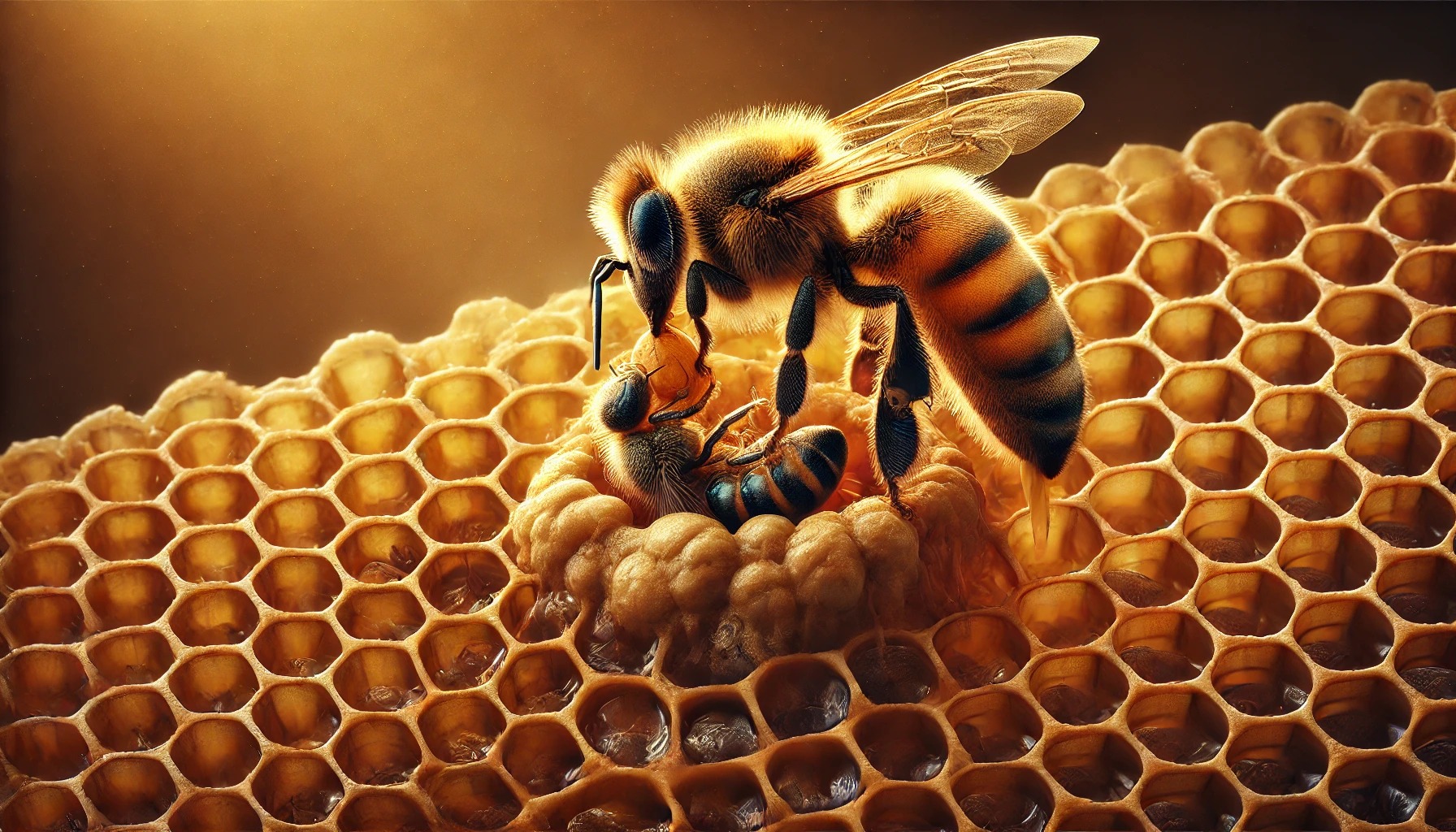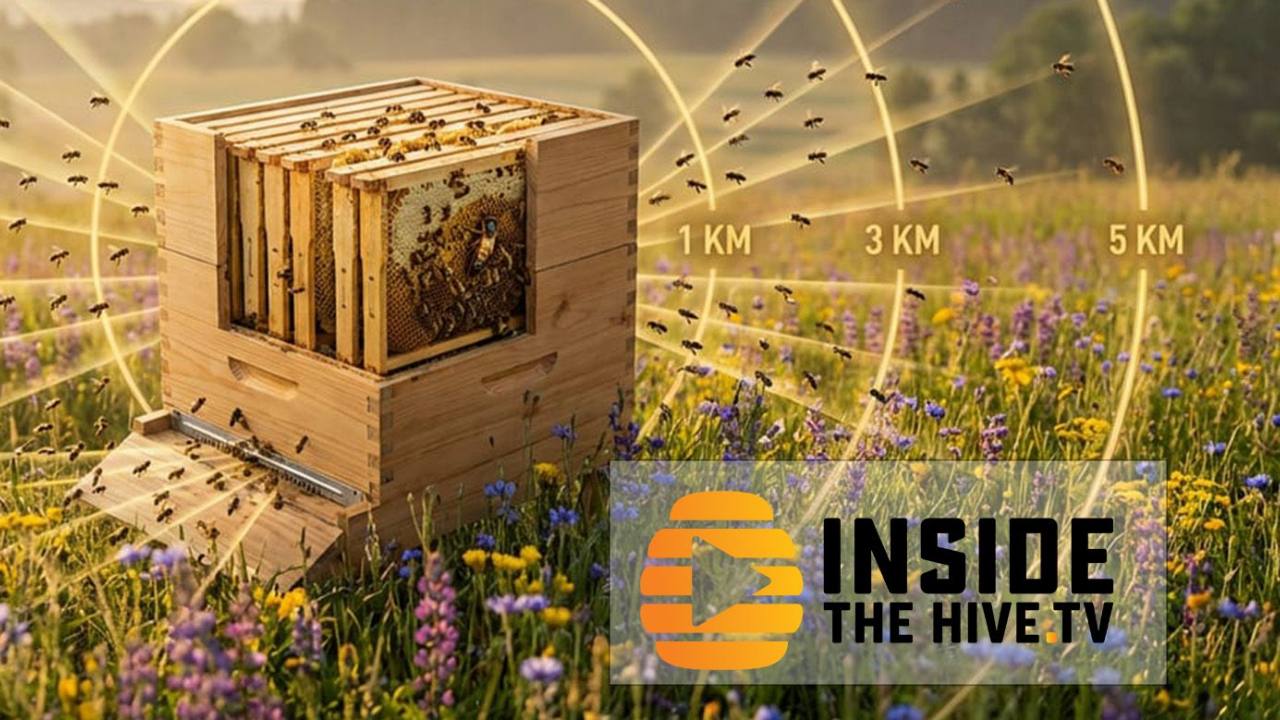Hygienic behavior vs Microbiome

*Image generated by A.I. artistic purposes.
Hey Insiders,
Over the past few newsletters, we’ve taken a deep dive into a hot topic in bee science: using non-native probiotics to improve honey bee health. (If you missed them, here’s Part 1, Part 2, Part 3, and Part 4.)
The big question we’ve been circling is: Can we really improve bee health by tweaking their gut microbes?
Well, a brand-new study just came out that adds another piece of information to us to thinking about — and it’s a good reminder that this field is still very much in its early days.
👉 Here’s the new paper:
The gut microbiome differs between hygiene-performing and non-hygiene-performing worker honey bees.
So what did they find?
A recent study published in Insectes Sociaux investigates the link between the gut microbiome and hygienic behavior in honey bees (Apis mellifera). Hygienic behavior—where worker bees detect and remove diseased or dead brood—is crucial for maintaining colony health.
Researchers compared the gut microbiota of two groups: bees that performed hygienic behavior (hygiene performers) and those that did not (non-hygiene performers). Using 16S rRNA gene sequencing, they found that both groups shared dominant bacterial phyla: Proteobacteria, Firmicutes, and Actinobacteria.
Notably, hygiene performers had greater microbial diversity and higher levels of specific bacterial species.
Interestingly, the bacterium Apibacter mensalis was found exclusively in this group.
This raises the question of whether this bacterium or others like non-native microorganism could potentially contribute to honey bee workers' resilience to disease, especially since hygienic workers are more frequently exposed to infections.
However, the study does not prove a direct cause-and-effect relationship. It's still unclear whether these microbes influence behavior or if the behavior itself shapes the microbiome.
This study adds to the growing body of research on the honey bee gut microbiome and highlights the complexity of the connection between microbial communities, behavior, and overall colony health.
Where does that leave us?
Exactly where we’ve been: still learning. Still needing careful, slow science.
While I’ve observed positive results in my own field trials at the University of Florida, I remain neutral. We're still not ready for big probiotic promises. This new study reinforces a central theme from all four of our past newsletters: there’s still a long way to go before we fully understand how the gut microbiome affects honey bee health and behavior.
This new study reinforces a central theme from all four of our past newsletters:
🚨 There’s no silver bullet when it comes to bee health — especially not in a bottle.
🎥 For Premium Members Only:
I just recorded a new video where I break this paper down and share what it means for your bees and potential probiotic products you might be using. Enjoy and thanks for your support.






